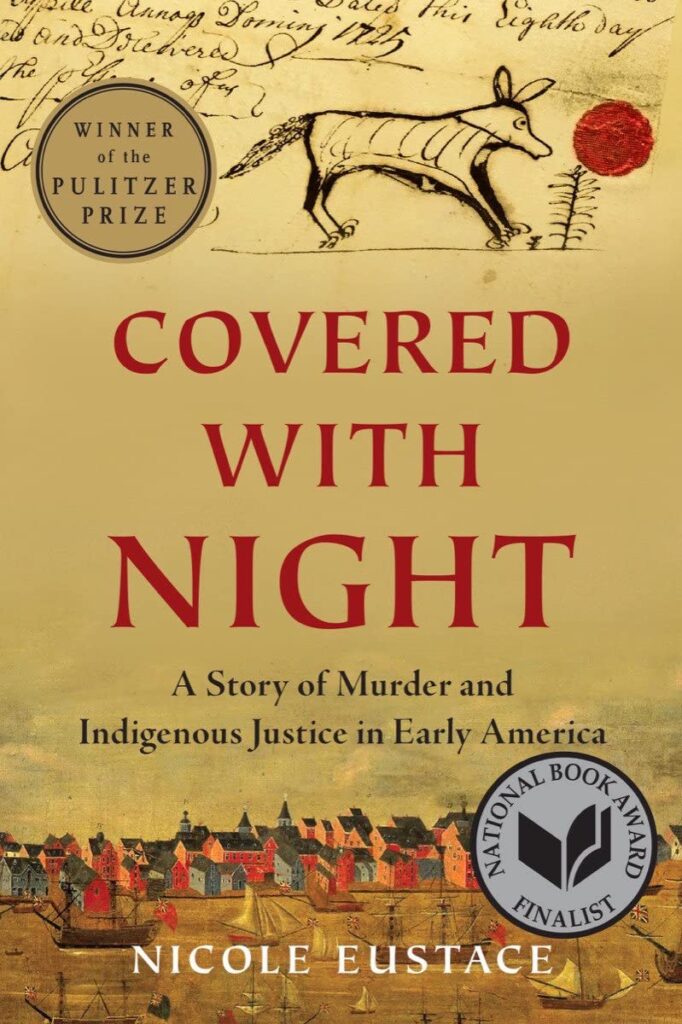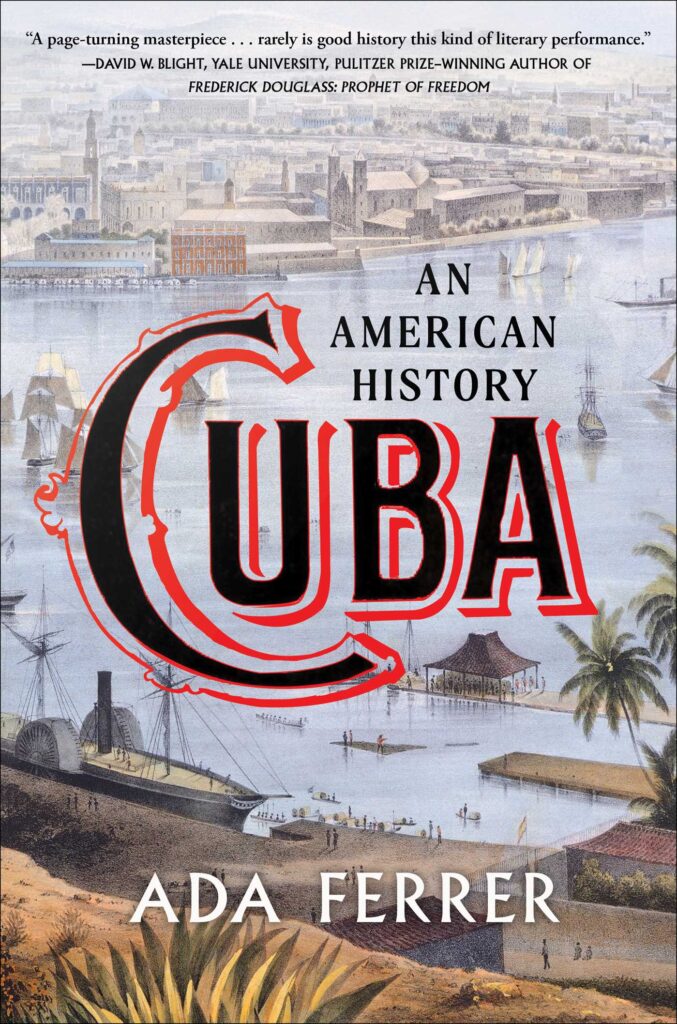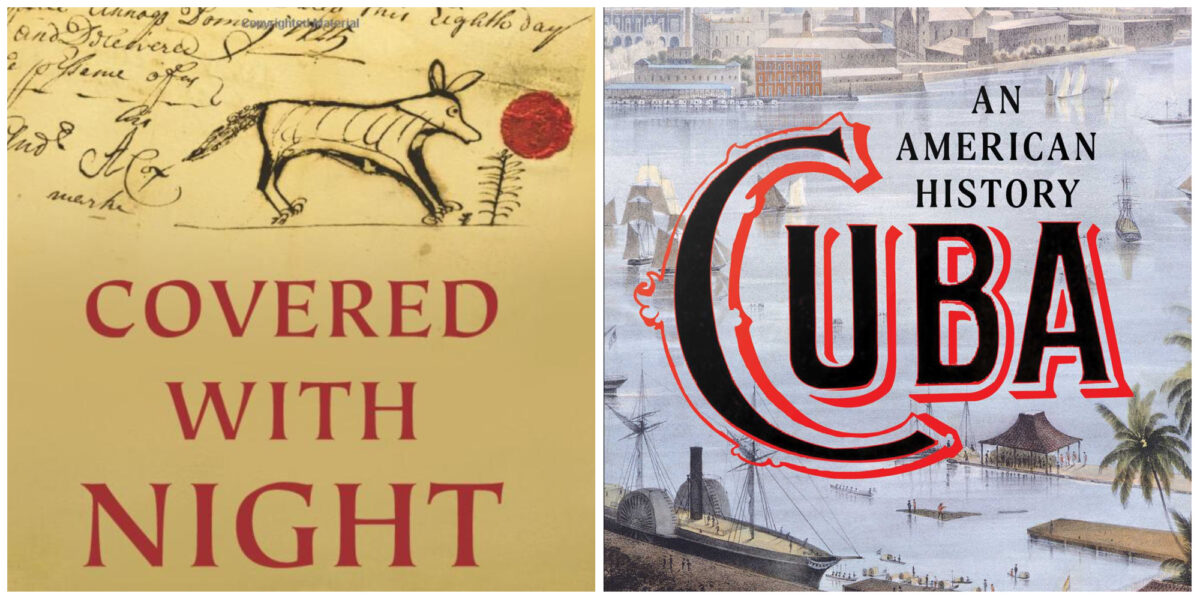Two books won the 2022 Pulitzer Prize in History this year, underscoring the excellent offerings on the history shelf in 2021. They are two wildly different stories but they share a similar theme — the complicated relationship between the United States and foreign nations.
In Covered with Night: A Story of Murder and Indigenous Justice in Early America, a shocking murder leads to an historic American treaty and upends stereotypes about the interactions between American colonists and native tribes. In Cuba: An American Story, the epic birth of a country plays out in a constant stream of uprisings, sometimes invisibly steered by American interests.

Covered With Night
A Story of Murder and Indigenous Justice in Early America
Nicole Eustace
Liveright/WW. Norton
Three hundred years ago this year, the Great Treaty of 1722 was signed in Albany, bringing a momentary calm to the Five Nations of the Iroquois and to three British colonies — the Colony of Virginia and Provinces of New York and Pennsylvania.
“The debates, ideas and ideals that gave rise to the [treaty],” writes Nicole Eustace in Covered With Night, “together make up a founding American story that should be considered an essential element of the country’s legacy.”
And at the core of this story is a murder — the brutal death of the Seneca man Sawantaeny by the colonists John and Edmund Cartlidge during a contentious exchange of furs. There is a mystery here; both the intent and the order of violence between the brothers and the murdered man proves to be incredibly important.
But this is not story about bloodshed retaliation, but rather an observation of traditions and a debate between two nations about the proper execution of justice.
In today’s terms, the native village of Conestoga was not far from the growing port town of Philadelphia — about a day’s walk. But custom and language kept both communities as alien residents of the same land.
Eustace sifts through a threadbare record of ancient documents employing three centuries of accumulated knowledge about northeastern native tribes and a fresh understanding of colonial law to craft a remarkable tale. With well informed speculation at times (and a curious trick of present-tense writing), Eustace revitalizes a forgotten moment in American history in terms her modern audience will understand.

Cuba: An American History
Ada Ferrer
Scribner
In the beautifully told Cuba: An American History, Ada Ferrer manages a challenging task of epic narrative. Not only is her Pulitzer Prize-winning book an artfully fluid retelling of the history of Cuba, it’s also a sharp, insightful story of the love-hate relationship between the island country and its neighbor to the north.
Spain had already conquered the island (and slowly starved out the indigenous Taino people) by the time England arrived in the northeast United States and set up her colonies. In the mid 18th century, the respective colonies for both countries would be key agricultural producers, requiring hundreds of thousands of African slaves.
Following the American Civil War and the end of the slave trade in the United States, American Southern interests meddled in Cuban affairs to prolong the slave trade there. Meanwhile Cuban revolutionaries were already fighting to sever their connection with Spain; revolutionaries like José Martí often guided the struggle against Spain from his home in New York.
The Spanish-American War passed the island from Spain to the United States — for a time. Yet even with formal independence, the U.S. government kept a firm and often insidious control over the country’s leadership.
My favorite part of Ferrer’s Cuba — a feat of clear story-telling — involves the country’s transformation from a 1920s haven for hedonistic American partiers to an unstable place of cyclical change, often at the hands of the American-backed Fulgencio Batista. By the time Fidel Castro finally appears in the story, you feel the weight of a country beleaguered by foreign manipulation.

